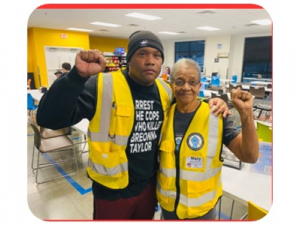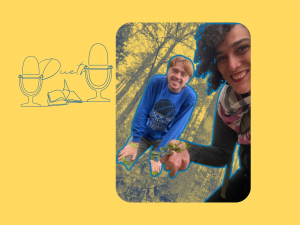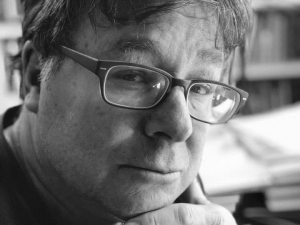Family in the Ruins of Nuclear Risk
Society for East Asian Anthropology
Jieun Cho
April 29, 2020
This piece is part of the SEAA series “An Anthropology of Ethics in East Asia.” The articles highlight different aspects of moral values and ethical practices in a range of Asian regions. They examine how individuals cope with societal changes such as environmental crises, nationalism, economic development, and mobility through lens of everyday ethics.
“I chose to not worry about radiation anymore, for as long as I stay living here; to live normally again for my children and my family,” said Kazumi, a mother of two children, who had decided to stop trying to move out of her neighborhood for the time being. Nine years after the Fukushima Daiichi nuclear disaster, I was listening to her confession of choosing to “live normally again” at a tea party for parents who were managing their anxieties in the face of long-term exposure to low-dose radiation in nuclear-affected areas. Employing the term “choice”, which has become all too familiar for people living in conflict-ridden areas that have not been evacuated (cf. Little 2019), Kazumi chose to give up “endless worries” as her own child-raising strategy. But what does this choice do for her in such an extraordinary environment? And what is this new normal life Kazumi is trying to make if it needs to be constantly chosen and confessed as such? Based on my ongoing fieldwork with families living with lingering post-Fukushima radiation, I take such choice as indexing an ethics of what I call balancing. Read more




